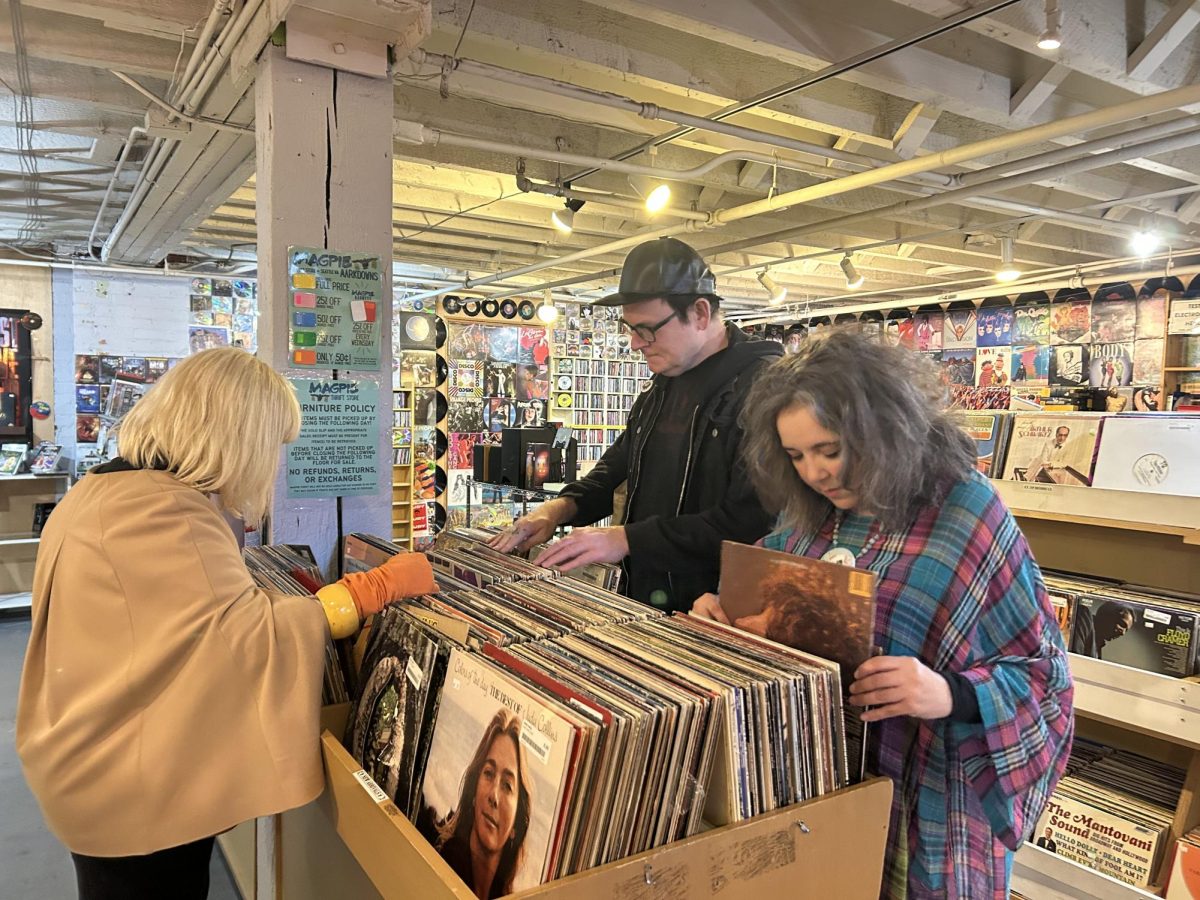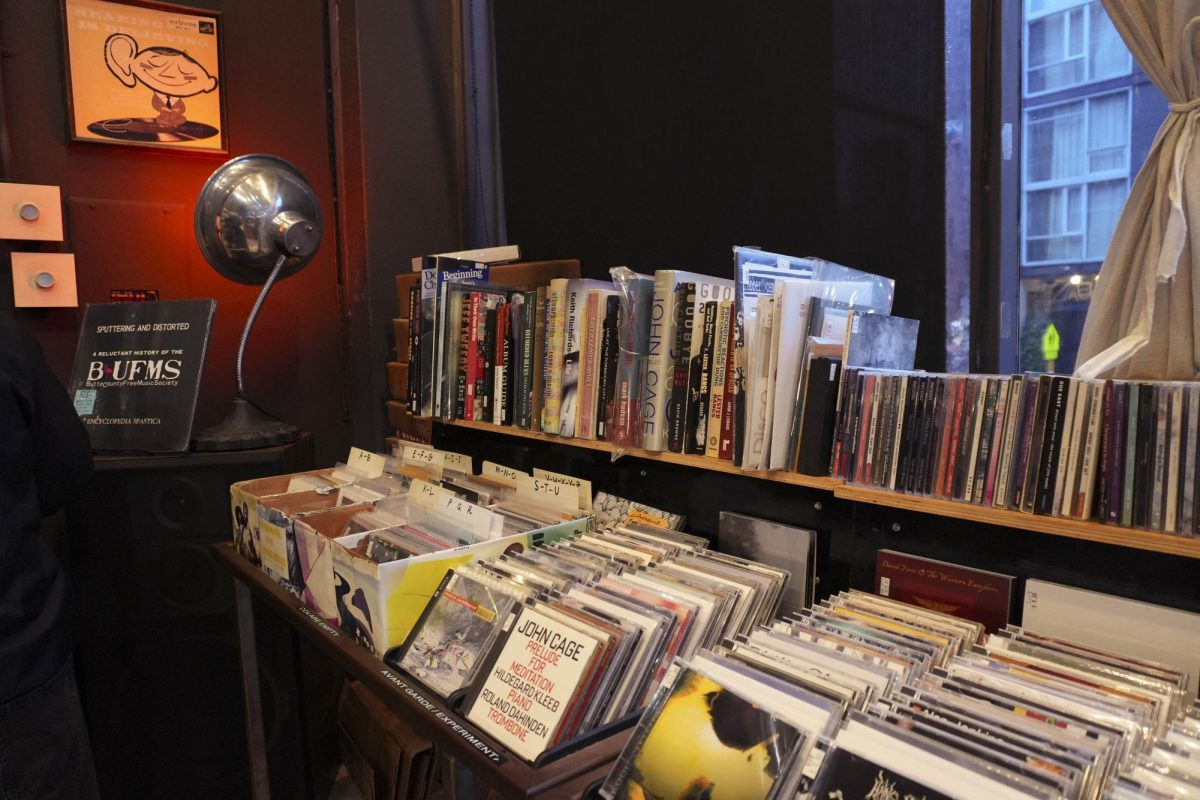How to Live With Green Guilt
For those of us who spend copious amounts of time worrying about the Earth and researching methods to reduce our carbon footprint, there can be tremendous amount of pressure involved in daily actions. When you are incapable of living out your values, there is a pang of immense guilt over your contribution to climate change. This can be as debilitating as feeling miserable over a hastily made fast fashion purchase or going into debt trying to buy all organic and sustainably sourced groceries.
As with most things in life, there’s a label for this feeling: Green Guilt. This feeling is also called “Environmental Guilt,” and describes the crippling feeling of inadequacy when confronted with the latest man-made environmental crisis. This phenomenon first became popular in 2009 but has since decreased in popularity or social impact. Despite the lack of media attention, green guilt is especially prevalent in places such as Seattle that teeter on the edge of green hippiness and tech mania.
Sometimes this guilt can be helpful– it can give you the push you need to stay true to your values and commit to a vegetarian or vegan lifestyle. But it can also lead you to abandon any efforts to live environmentally friendly because no action seems to be enough or without its own negative side effects.
These mistakes can often lead to undue pressure on people who are simply trying to live a kinder lifestyle. It can distract you from the real culprits behind climate change: corporations. In 2017, The Carbon Majors Report was released and found that 100 producers accounted for 71 percent of industrial greenhouse gas emissions. Instead of nitpicking our every action and scrutinizing the actions of those around us, let’s put our energy into creating regulations for these corporate giants.
This being said, do not lose hope in the power of the purse. If the number of people who refuse to buy fast fashion, travel by car less often, and instead chose environmentally conscious products or shop used, businesses will be forced to change their production strategies. In the end, it is the products that we buy that contributes to the carbon major corporations’ production of greenhouse gas emissions.
If you cannot live a healthy vegetarian lifestyle and have tried multiple times, it is ok! I have met many people who feel immense green guilt at either not having the resources to live a healthy vegetarian lifestyle or have health complications that prohibit the safe transition to a meatless diet. You do not have to go cold turkey on meat or even give it up completely. Multiple studies have found that the Mediterranean diet which heavily relies on fish, olive oils and nuts may be better for you and the planet rather than a meat-heavy or carb based vegetarian diet.
Your challenge for this week is a simple one: choose the lesser evil of the options available to you. Eat fish instead of meat, buy used clothing instead of new or drink loose tea instead of individually packaged. Read about youth-based environmental groups such as Zero Hour or Juliana v. U.S. and then choose the one that best fits your values.
Every little bit counts. Most importantly– don’t feel guilty for not being able to single-handedly save the world. You are allowed to be human and make mistakes. Learn from your guilt and then apply that knowledge in your activism. The bottom line is to do what you can and trust that it is enough for now.
The editor may be reached at
fdivinagracia@su-spectator.com









